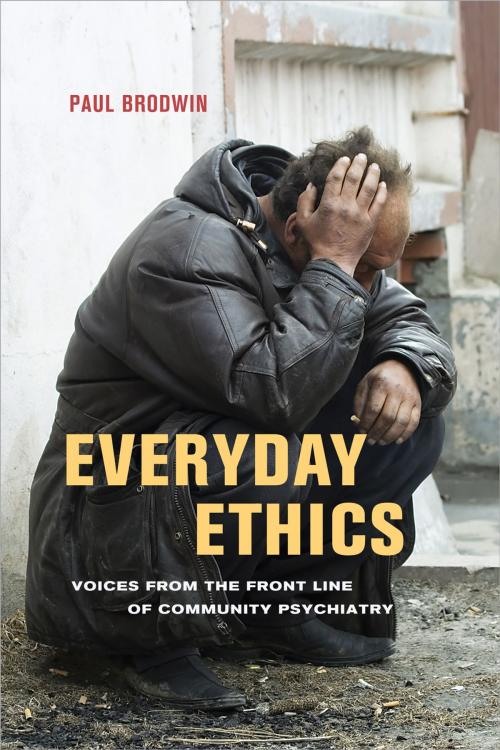Everyday Ethics
Voices from the Front Line of Community Psychiatry
Nonfiction, Health & Well Being, Medical, Patient Care, Health Care Delivery, Social & Cultural Studies, Social Science, Anthropology, Psychology| Author: | Paul Brodwin | ISBN: | 9780520954526 |
| Publisher: | University of California Press | Publication: | January 1, 2013 |
| Imprint: | University of California Press | Language: | English |
| Author: | Paul Brodwin |
| ISBN: | 9780520954526 |
| Publisher: | University of California Press |
| Publication: | January 1, 2013 |
| Imprint: | University of California Press |
| Language: | English |
This book explores the moral lives of mental health clinicians serving the most marginalized individuals in the US healthcare system. Drawing on years of fieldwork in a community psychiatry outreach team, Brodwin traces the ethical dilemmas and everyday struggles of front line providers. On the street, in staff room debates, or in private confessions, these psychiatrists and social workers confront ongoing challenges to their self-image as competent and compassionate advocates. At times they openly question the coercion and forced-dependency built into the current system of care. At other times they justify their use of extreme power in the face of loud opposition from clients. This in-depth study exposes the fault lines in today's community psychiatry. It shows how people working deep inside the system struggle to maintain their ideals and manage a chronic sense of futility. Their commentaries about the obligatory and the forbidden also suggest ways to bridge formal bioethics and the realities of mental health practice. The experiences of these clinicians pose a single overarching question: how should we bear responsibility for the most vulnerable among us?
This book explores the moral lives of mental health clinicians serving the most marginalized individuals in the US healthcare system. Drawing on years of fieldwork in a community psychiatry outreach team, Brodwin traces the ethical dilemmas and everyday struggles of front line providers. On the street, in staff room debates, or in private confessions, these psychiatrists and social workers confront ongoing challenges to their self-image as competent and compassionate advocates. At times they openly question the coercion and forced-dependency built into the current system of care. At other times they justify their use of extreme power in the face of loud opposition from clients. This in-depth study exposes the fault lines in today's community psychiatry. It shows how people working deep inside the system struggle to maintain their ideals and manage a chronic sense of futility. Their commentaries about the obligatory and the forbidden also suggest ways to bridge formal bioethics and the realities of mental health practice. The experiences of these clinicians pose a single overarching question: how should we bear responsibility for the most vulnerable among us?















